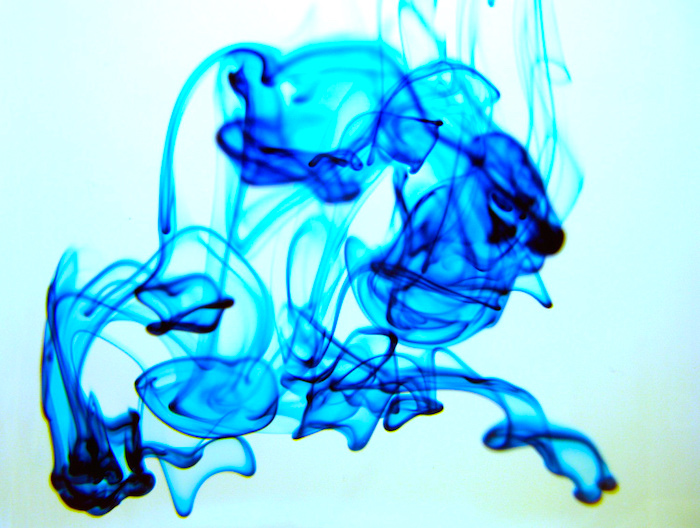 New work from the University of Maryland suggests that a common, inexpensive and safe chemical can slow the aging of human skin. The researchers found evidence that the compound – an antioxidant called methylene blue – could slow or reverse several well-known signs of aging when tested in cultured human skin cells and simulated skin tissue. The study was published online in the journal Scientific Reports on May 30, 2017.
New work from the University of Maryland suggests that a common, inexpensive and safe chemical can slow the aging of human skin. The researchers found evidence that the compound – an antioxidant called methylene blue – could slow or reverse several well-known signs of aging when tested in cultured human skin cells and simulated skin tissue. The study was published online in the journal Scientific Reports on May 30, 2017.
“Our work suggests that methylene blue could be a powerful antioxidant for use in skin care products,” said Kan Cao, senior author on the study and an associate professor of cell biology and molecular genetics at UMD.
“The effects we are seeing are not temporary. Methylene blue appears to make fundamental, long-term changes to skin cells.”
The researchers tested methylene blue for four weeks in skin cells from healthy middle-aged donors, as well as those diagnosed with progeria – a rare genetic disease that mimics the normal aging process at an accelerated rate. In addition to methylene blue, the researchers also tested three other known antioxidants: N-Acetyl-L-Cysteine (NAC), MitoQ and MitoTEMPO (mTEM).
In these experiments, methylene blue outperformed the other three antioxidants, improving several age-related symptoms in cells from both healthy donors and progeria patients. The skin cells (fibroblasts, the cells that produce the structural protein collagen) experienced a decrease in damaging molecules known as reactive oxygen species, a reduced rate of cell death and an increase in the rate of cell division throughout the four-week treatment.
Next, Cao and her colleagues tested methylene blue in fibroblasts from older donors (greater than 80 years old) again for a period of four weeks. At the end of the treatment, the cells from older donors had experienced a range of improvements, including decreased expression of genes commonly used as indicators of cellular aging.
“I was encouraged and excited to see skin fibroblasts, derived from individuals more than 80 years old, grow much better in methylene blue-containing medium with reduced cellular senescence markers,” said Zheng-Mei Xiong, lead author of the study and an assistant research professor of cell biology and molecular genetics at UMD.
“Methylene blue demonstrates a great potential to delay skin aging for all ages.”
The researchers then used simulated human skin – a three-dimensional model made of living skin cells – to test a range of aging symptoms that we can’t replicate in cultured cells. “Most surprisingly, we saw that model skin treated with methylene blue retained more water and increased in thickness – both of which are features typical of younger skin.”
Source: Zheng-Mei Xiong, Mike O’Donovan, Linlin Sun, Ji Young Choi, Margaret Ren, Kan Cao. Anti-Aging Potentials of Methylene Blue for Human Skin Longevity. Scientific Reports, 2017; 7 (1) DOI: 10.1038/s41598-017-02419-3











